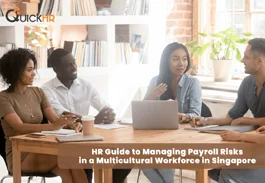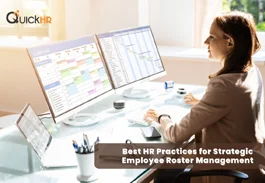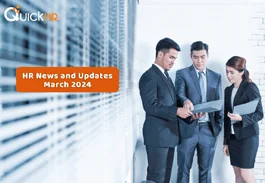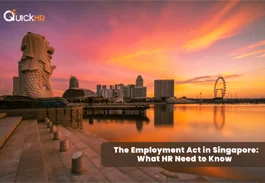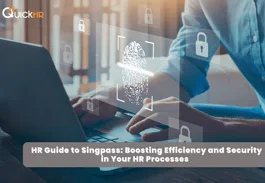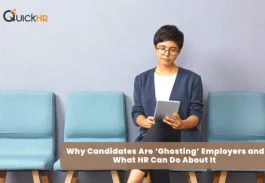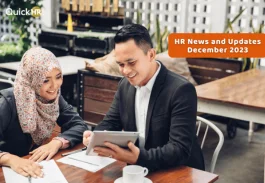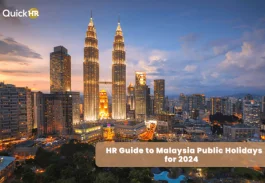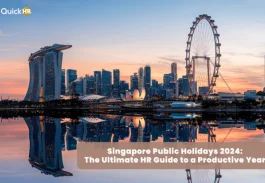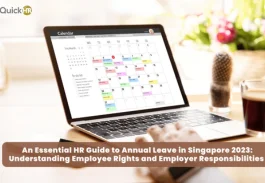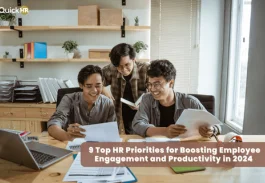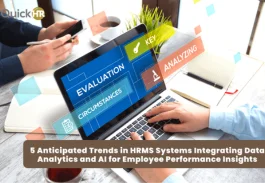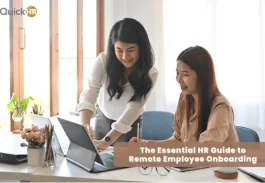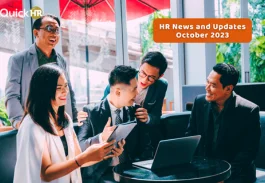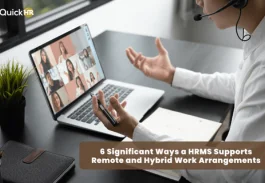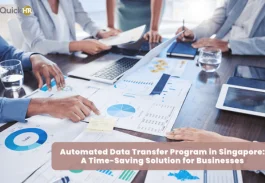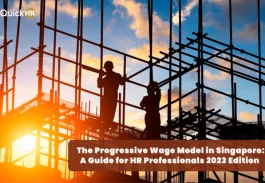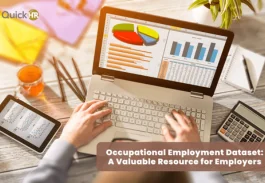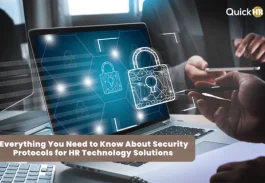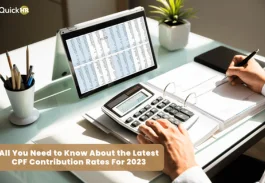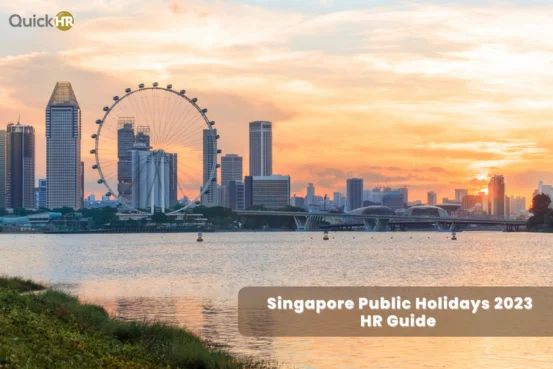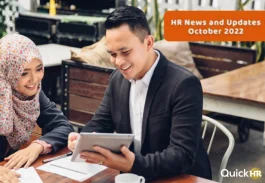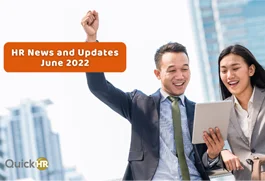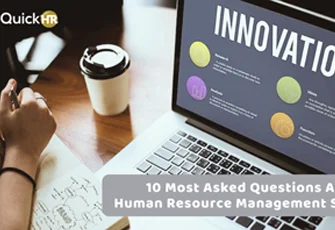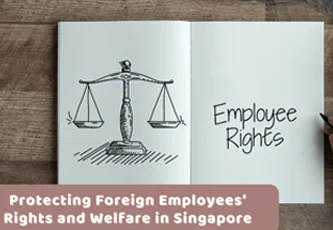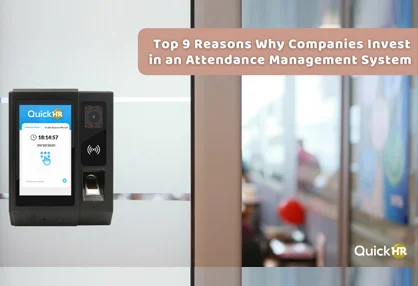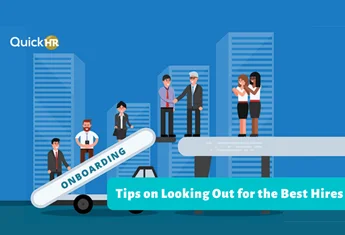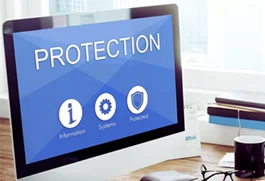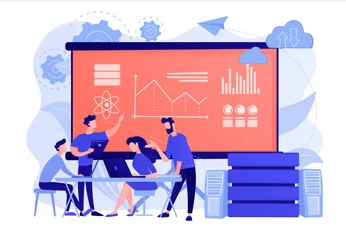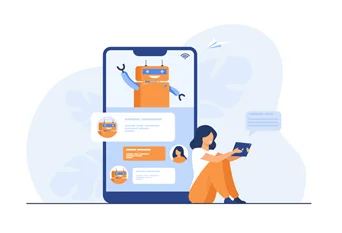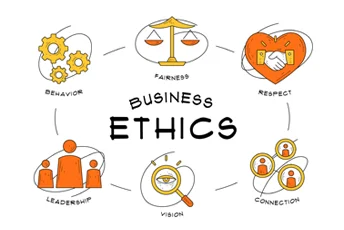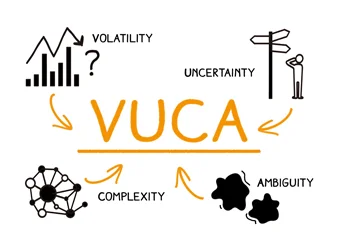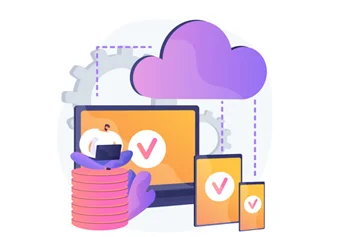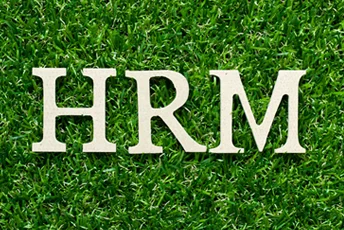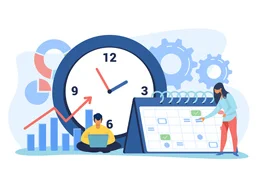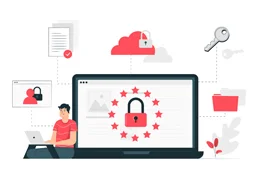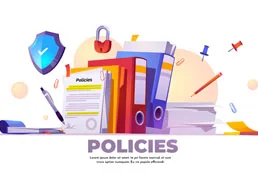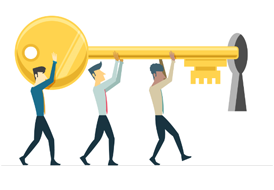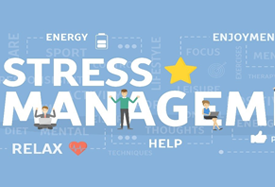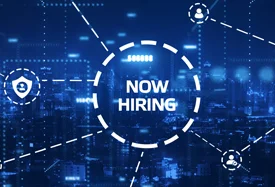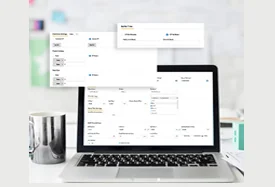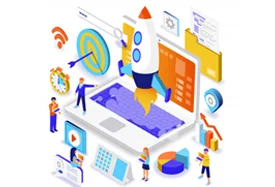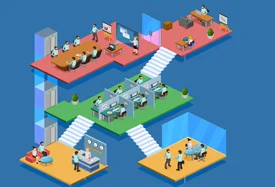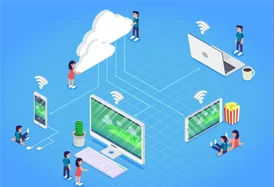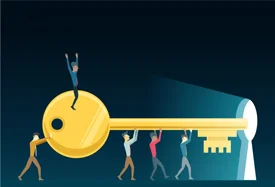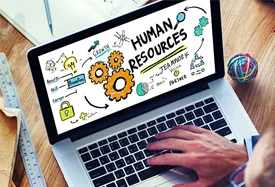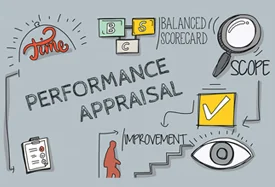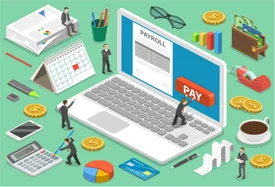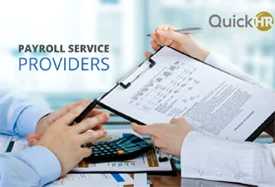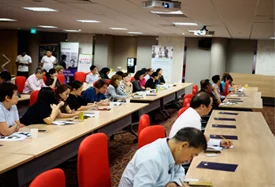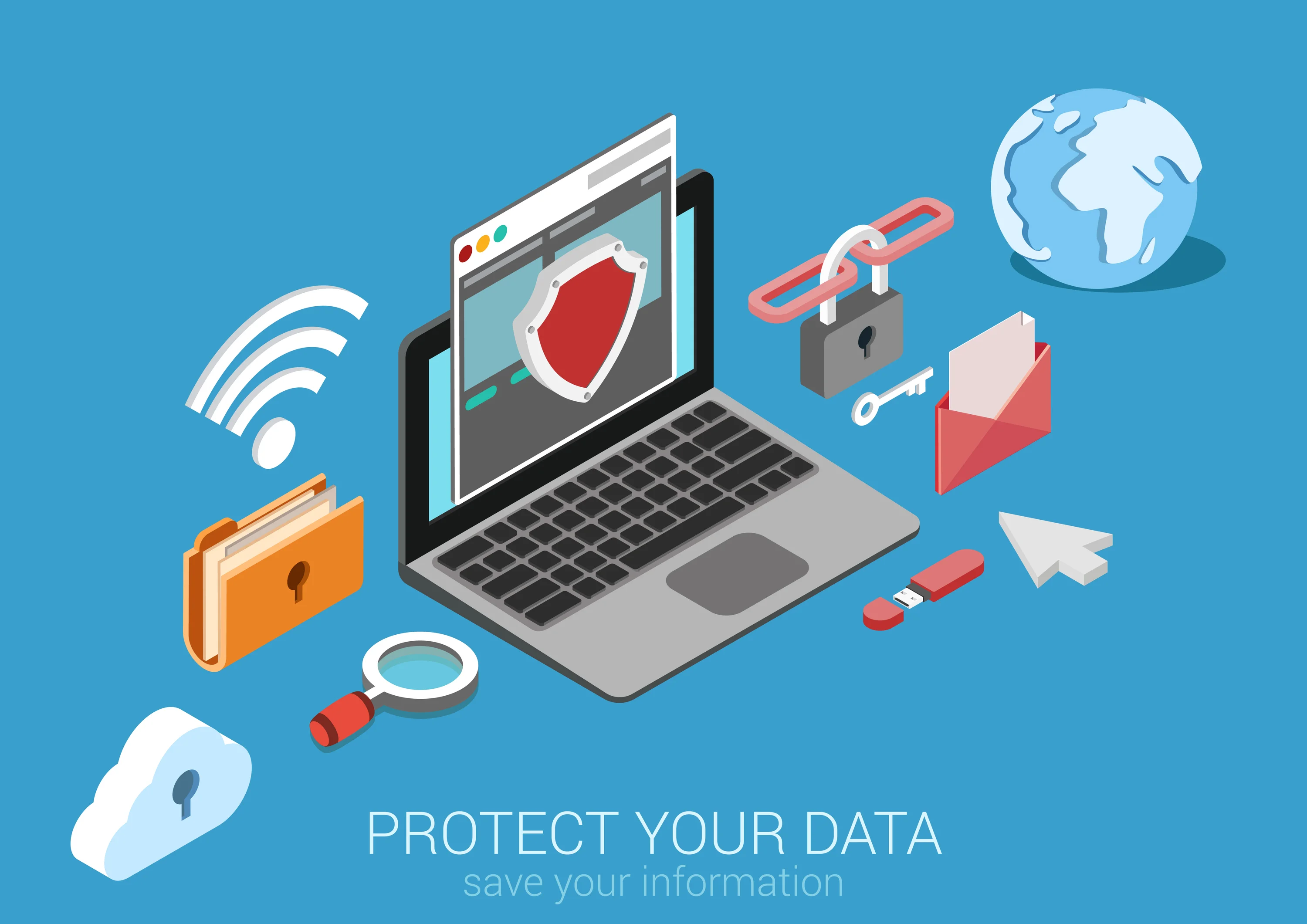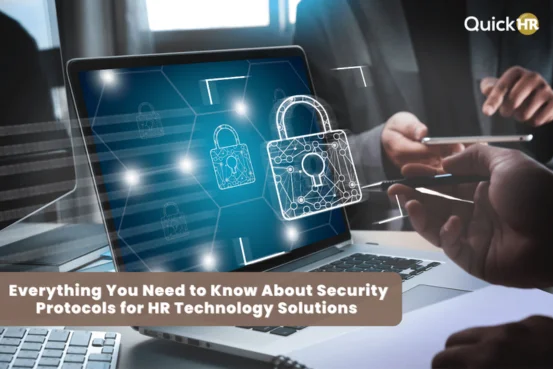
HR Technology Trends: What HR Managers Need to Know About Data Security
Posted on 04 April 2023 in Business | Suki Bajaj
To accommodate the ever-evolving demands of business operations, workplaces, and employees, organisations have started to rely more in HR technology solutions to alleviate traditional HR challenges.
However, as digital transformation becomes more and more prevalent, data security is increasingly becoming a paramount concern. As we all know, the New Normal setting has sparked continuous cases of cyber-attacks, causing fear among organisations as they grapple with the possibility of cyber threats.
For this reason, companies must fully understand how to ensure that all systems and workspaces have multiple layers of security.
Cybercrime Cases in Singapore
A ransom attack has affected the personal data and clinical information of approximately 75,000 patients of a private eye clinic in Singapore, as reported by The Straits Times. [1]
In another news reported by The Register, a Singaporean telco, StarHub, has become a victim of a cyberattack that leaked national identity card numbers, mobile numbers, and email addresses of the customers. [2]
Furthermore, there have been several high-profile data breaches, such as the SingHealth data breach in 2018, which affected 1.5 million patients. [3]
The presence of these cyber threats serves a significant reason to further reinforce rigorous cybersecurity practices within an organisation.
Importance of Cybersecurity in the HR Technology
With the work-from-home setups and hybrid work arrangements, cybercriminals have taken advantage of this situation to gain corporate access for the purpose of stealing large sums of money or using threats of releasing confidential data in exchange for ransom.
Due to the anticipated rise in cyberattack cases, it is imperative to raise awareness about the importance of data security and implement preventive measures to avoid such incidents.
Most importantly, for small and medium enterprises (SMEs) that are interested in the benefits of automated HR processes but are NOT well-versed with the requirements and infrastructure that come with it. Some may not know what data security and privacy is.
While larger corporations may have procedures in place to ward off cyberattacks, it does not guarantee 100% compliance. Many falsely assume that simply installing antivirus software is sufficient to keep their networks secure.
For instance, many aren't aware of the value of external data security certifications which are the fundamentals of any digitised system.
Personal Data Protection Act (PDPA)
In Singapore, the Personal Data Protection Act (PDPA) institutes the guidelines on how companies should secure and store personal data as well as the requirements for notifying victims of a data breach under their watch.
It is crucial for HR solution providers to comply with the PDPA and to implement security measures to protect all confidential business and employee data across the organisation.
Multi-Tier Cloud Security Standard (MTCS)
With the continuous rise of digital transformation across multiple business industries, the Multi-Tier Cloud Security (MTCS) Singapore Standard (SS), also known as SS584, was introduced in Singapore to enhance the clarity of the security levels and evaluate the data protection capabilities offered by different Cloud Service Providers (CSPs).
The renewed standard, MTCS SS584:2020 Level 2, covers all the latest and newest cloud controls - including Zero Trust.
It is awarded to companies that have met the stringent requirements set by the Infocomm Media Development Authority (IMDA) of Singapore.
International Organization for Standardization (ISO)
ISO 27001:2013 is an international standard for Information Security Management Systems (ISMS). It provides a framework for organizations to manage their information security risks and protect their information assets.
An organisation must go through an in-depth ISO reassessment process to successfully apply or renew the ISO 27001 certification and ensure further enhancement of security policies.
Data Protection Trust Mark (DPTM)
The Data Protection Trust Mark (DPTM) is a certification developed by the Singapore government to recognize companies that have demonstrated strong data protection practices.
Organisations that have been certified with the DPTM has put in place responsible data protection practices and will take better care of the personal data of clients and employees.
At QuickHR, we are committed to protecting your data, and we are proud to have achieved the golden standard for data protection.
We have been accredited with the Data Protection Trustmark (DPTM) by IMDA, which is one of the highest levels of recognition for data protection in Singapore.
You can rest assured that your employees' data is safe with QuickHR.
Checklist for Evaluating the Data Security of an HR Solution
HR software holds confidential employee details such as personal information, employment history, and salary information. If the HR software is not fully secure, these data may fall into the wrong hands and be used for detrimental cybercrimes.
To help you select the right HR software for your business, here are some questions you must ask to find out if the HR software has solid data privacy and security measures in place:
- What features does the HR solution offer to protect employee data?
- Is the HR software PDPA and GDPR compliant?
- Does the HR system offer data recovery plan in case a data breach or system failure occurs?
- Does the HR software vendor provide details about data storage and encryption policies?
- Does the HR software vendor conduct regular security audits and penetration testing to address the system’s vulnerabilities?
- How does the software vendor maintain compliance with data protection laws?
- How does the software vendor handle deletion requests in the system?
Keep in mind that a reliable and data-privacy compliant HR software can help you:
- Prevent costly data breaches that may lead to identity or financial fraud and damage to your company’s reputation
- Maintain the integrity and accuracy of HR processes.
- Make and ensure informed decisions with valuable data insights.
Therefore, it’s important to ensure that your HRMS technology is 100% secure and compliant with data privacy laws.
How QuickHR Established Enhanced Data Privacy and Security Protection
With the growing incidences of security breaches threatening organisations of all sizes, QuickHR establishes more robust and effective cyber defence by implementing the highest levels of data security.
- QuickHR is a fully PDPA compliant HR software system and it is currently one of only two Singapore-based HRMS providers to have achieved the highest level of security standards, including Multi-Tiered Cloud Security Standard MTCS SS584:2020 Level 2.
- In addition, QuickHR has also completed an in-depth ISO reassessment process and successfully renewed ISO27001 certification, ensuring further enhancement of security policies.
Our data privacy and security certifications align with the gold standard in Singapore, demonstrating our relentless pursuit of pioneering the future of hr technology and delivering an automated, simplified, and streamlined HR experience with strengthened data privacy and security and full compliance.
In addition to certifications, QuickHR has executed an overall security posture that complements its certifications. This posture includes regular security audits, vulnerability assessments, and penetration testing.
QuickHR implemented several security measures to protect its clients’ data. This includes the QBE Cyber and Data Security Insurance, which covers the following:
- Third-party compensation
- Data breach notification
- Communication asset rectification
- Regulatory defence and penalty
- Public relation costs
- Forensics costs
- Credit monitoring
- Cyber business interruption
- Cyber extortion
Most importantly, QuickHR provides regular training to its employees about cyber hygiene to ensure they understand and follow best practices for data protection.
Apart from the certifications mentioned above, there are other certifications and security practices that both old and new HR technology companies should consider.
For instance, the Cybersecurity Act requires owners of critical information infrastructure to comply with specific cybersecurity requirements. It is also essential to stay up to date with the latest cybersecurity threats and implement appropriate measures to mitigate these risks.
Conclusion
Just always remember that a digital HR solution isn’t a fancy new tool or a luxury for a business. Instead, it’s progressively becoming an integral part of modern business operations, to automate low-level HR tasks and help their teams improve daily workflow.
Here at QuickHR, we will continue to strengthen our cybersecurity defences to protect our client's employee and business data as they manage their HR workflows.
With QuickHR, the most secure multi-tier encrypted full-suite HRMS in Singapore, you can be confident that your business is fully safe and protected from any cyber threats.
Stay Safe Online and Be CyberSmart!
Sources:
- [1] https://www.straitstimes.com/tech/tech-news/nearly-73500-patients-data-affected-in-ransomware-attack-on-eye-clinic-in-spore
- [2] https://www.theregister.com/2021/08/12/singapore_telecom_breach_leaked_personal/
- [3] https://www.straitstimes.com/singapore/personal-info-of-15m-singhealth-patients-including-pm-lee-stolen-in-singapores-most
Enjoying this content? Subscribe and we’ll send the latest updates and special offers directly to your inbox.
